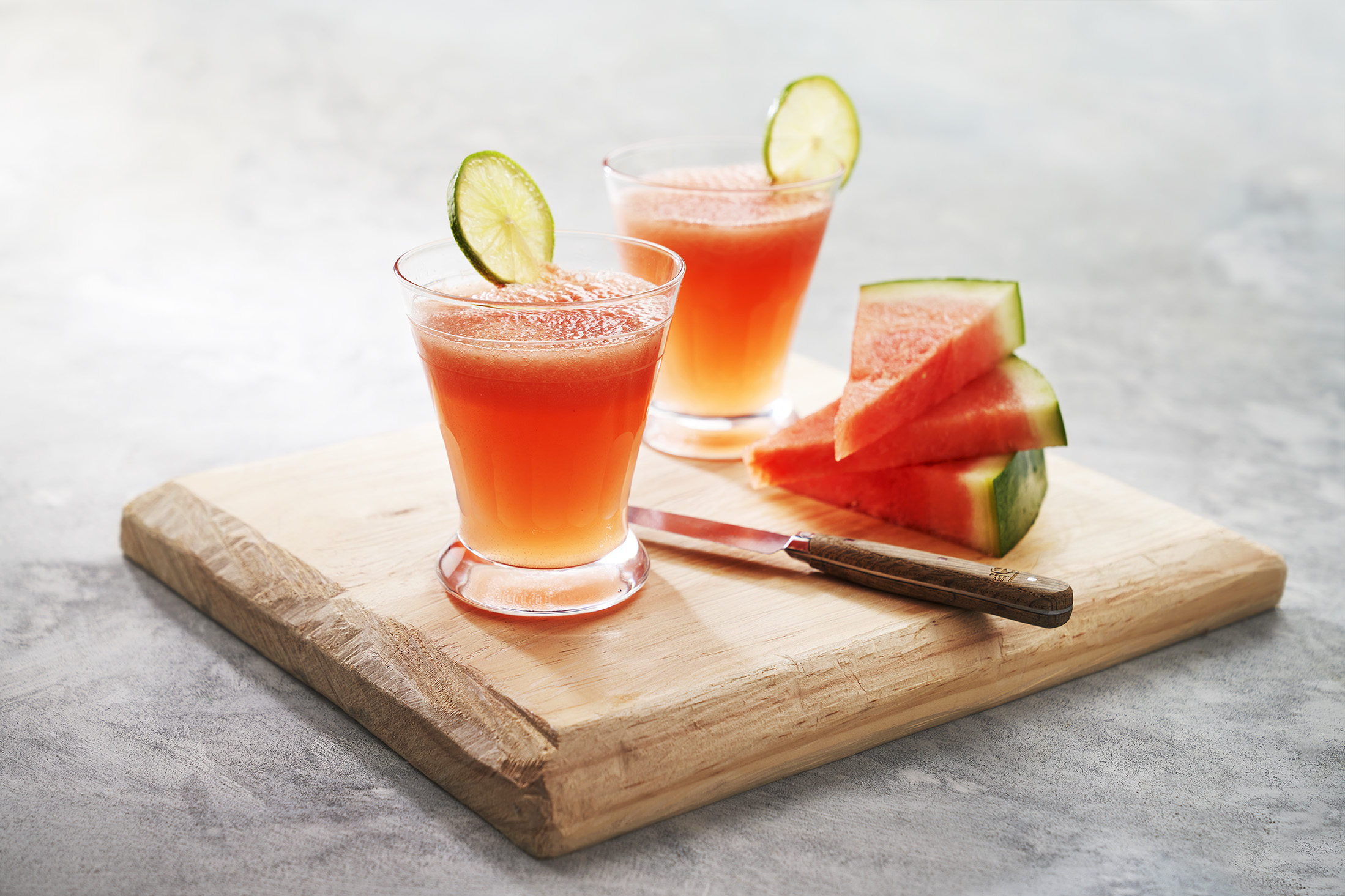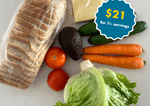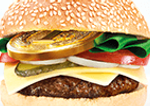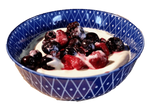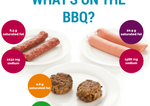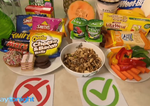6 surprising facts about nutrition
by Gael Myers, Accredited Practising Dietitian
- October 27, 2020
- Leave a comment
In my work as a dietitian I sometimes come across surprising nutrition facts that are too interesting not to share! Here are my top 6:
1. Shady salads
We all know that a fast food burger is not the healthiest of choices. But did you know that a salad from your favourite fast food outlet can contain as much energy as a burger? For example, while a Big Mac contains a whopping 2370kJ, a Chicken Caesar Salad clocks up an impressive 2490kJ. The culprits? Bacon, croutons and lashings of mayonnaise.

2. Juice alert
You might be surprised to learn that fruit juice contains a similar amount of sugar to cola. A 600mL bottle of juice or cola contains about 16 teaspoons of sugar, well over the 7 teaspoons that the World Health Organization recommends as a daily upper limit. How can that be? When you juice fruit you squeeze all the sugar into a glass and throw out the fibre – and that’s the best part. While a small serve of juice (half a cup or less) is okay to include occasionally, the best drink choices are ordinary or sparkling water, plain reduced-fat milk, tea and coffee.

3. Dressing for success
Adding an acid (like lemon juice or vinegar) to a meal containing carbohydrates (carbohydrates come from foods like potatoes, pasta, rice, bread, fruit, milk and beans) slows down digestion. This keeps you fuller for longer, which decreases your hunger levels and helps control your blood sugar levels. If a burst of sour-power is going to throw off the taste of your dish, try a side salad dressed with a zingy dressing.
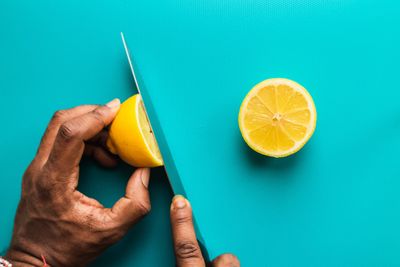
4. Beer blues
While alcohol industry campaigns would have you believe that the main source of kilojoules in alcoholic drinks is sugar or carbs, it’s actually the alcohol itself than contains most of the kilojoules. If you’re watching your intake, forget the low-carb beers and try our delicious alcohol alternatives instead.
5. Supplements > food?
For most people, adding nutritional supplements to an otherwise healthy diet is unnecessary. Our body can only process so much at one time, so most of that expensive supplement comes straight back out in your wee! Worryingly, having too much of certain supplements can even be harmful. A supplement also can’t replace the complex mix of antioxidants, fibre, vitamins and minerals that are found naturally in food. They work together in mysterious ways that science doesn’t fully understand yet. Spend your money on real food like fruit, vegetables, nuts, legumes, eggs, lean meats, dairy and wholegrains instead for a real health boost.
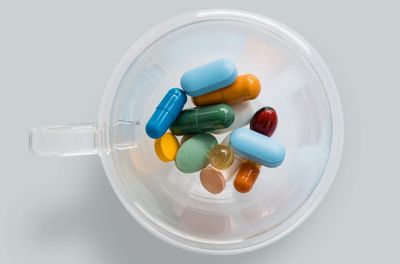
6. Bugging out
Did you know there are almost 2000 species of edible insects? Many Australians will be familiar with our native witchetty grubs and honey ants, however other cultures chow down on crickets, mealworms, beetles and tarantulas. While there is an ‘ick’ factor, bugs are actually highly nutritious and environmentally friendly, with insect farming delivering fewer greenhouse gases and using less land compared to producing more conventional meats.
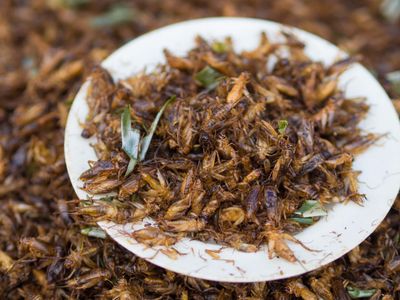
Have you ever eaten an insect? Keen to try?
